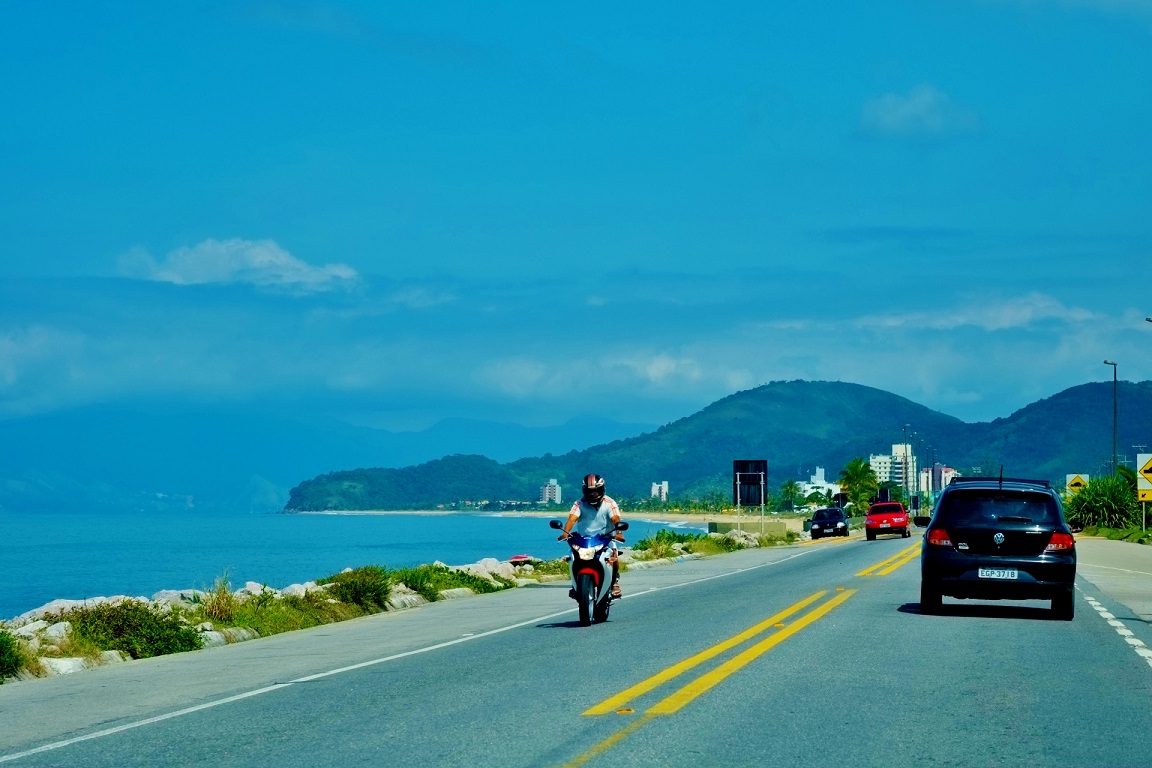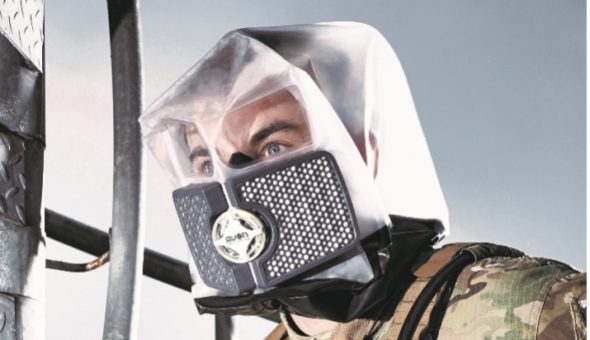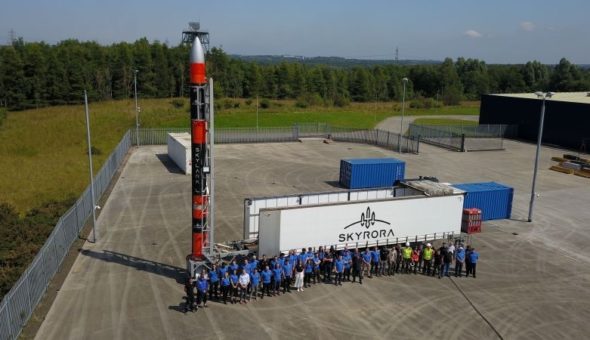Our third year CSCT student Marcus Johns undertook a three month internship at University of São Paulo, one of our partners in Brazil. Here’s what he had to say about his experience:
Improving the bio-functionality of cellulose in order to use it as a scaffold for human tissue growth is a challenge. Enough of a challenge that it’s the primary focus of my PhD. So far I’ve been developing materials based on blends of cellulose and chitosan – which is bio-functional but lacks tensile strength – and have had mixed success with them, so any opportunity to try an alternative method was more than welcome.
 Fortunately one arose via our Global Innovation Initiative project “Transatlantic discovery, characterisation and application of enzymes for the recycling of polymers and composites”; a current collaboration between the University of Bath; the University of São Paulo, and Ohio State University. Researchers under Professor Igor Polikarpov at USP had reported that they had managed to isolate the section of protein that was responsible for allowing a particular enzyme to attach to cellulose, and had modified it to allow other chemicals to be cross-linked to it. If a bio-functional chemical – such as a peptide – could be cross-linked to this protein, it would potentially be possible to improve the bio-functionality of my cellulose scaffolds once the compound had been adsorbed onto their surface. My three month internship was then organised.
Fortunately one arose via our Global Innovation Initiative project “Transatlantic discovery, characterisation and application of enzymes for the recycling of polymers and composites”; a current collaboration between the University of Bath; the University of São Paulo, and Ohio State University. Researchers under Professor Igor Polikarpov at USP had reported that they had managed to isolate the section of protein that was responsible for allowing a particular enzyme to attach to cellulose, and had modified it to allow other chemicals to be cross-linked to it. If a bio-functional chemical – such as a peptide – could be cross-linked to this protein, it would potentially be possible to improve the bio-functionality of my cellulose scaffolds once the compound had been adsorbed onto their surface. My three month internship was then organised.
Going to a country where you don’t speak the language – and didn’t learn one with a similar root at school – can be daunting, particularly when you don’t start learning the language till a month before you go. From experience, I strongly recommend learning at least a series of basic sentences before anyone attempts this as it saves many minutes of confused looks and expansive hand-gestures used to be understood. My second piece of advice is to never underestimate the size of a country – the University of São Paulo has a number of campuses and the one that I was to work at was located in São Carlos, a three and half hour drive from São Paulo. Many of my friends were expecting me to spend a fair amount of time on a beach, unfortunately this wasn’t realised as the nearest beach was five hours away by car.
However, I managed to overcome these issues and spent a productive three months in Brazil. The facilities in the laboratory were very impressive – six HPLCs for a lab of less than twenty students with three dedicated support staff – and it was clear that São Paulo state’s commitment of 13 % of its GDP to higher education and research and development was being well spent. I also was able to visit the National Centre for Research in Energy and Materials in Campinas for a week, with time spent at the Brazilian Nanotechnology National Laboratory using their scanning electron microscope and atomic force microscopy facilities. Unfortunately, I wasn’t able to definitively prove that the compound could improve cell attachment and growth on cellulose, but I did obtain a number of novel results that have raised further questions and hopefully set-up further collaborations for the future.
I also managed to do a little travelling whilst I was out there, including visiting São Paulo during Carnival. I didn’t notice the water shortages that have been prevalent in the news recently whilst I was there, but a trip to Furnas – which is next to one of the main reservoirs for the region of São Paulo – proved more eye-opening. To see the extent by which the water-level has dropped in the reservoir in the last three years was shocking. Many house-owners on the shore now have two boathouses – one where the water-level used to be and one where the water-level now is – and tree-tops can be seen sticking out of the water. It brought home the challenges associated with climate change – which also includes the recent increase in dengue cases in the region due to people storing rain water in open containers, the perfect places for mosquitos to breed – and why the research being carried out at the centre and our public engagement activities are so important. Overall, I had a great time in Brazil and would recommend it to anyone thinking of going there.
Marcus is working towards his PhD in the CSCT and is supervised by Dr Ram Sharma and Dr Janet Scott at University of Bath and Dr Sameer Rahatekar at University of Bristol.
Respond


